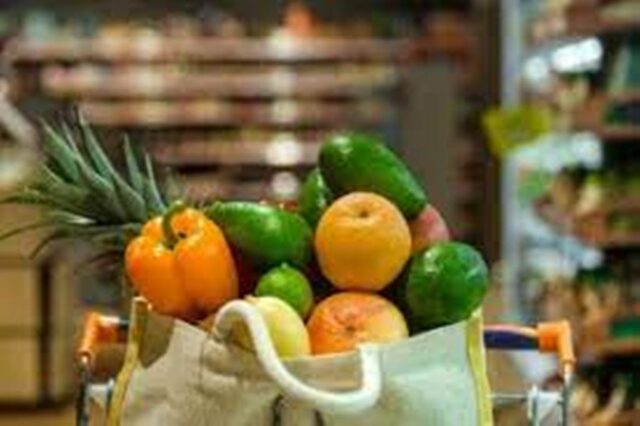Public and private sectors recognize that sustainable food systems are necessary to meet the demand for healthy food. Through the third national dialogue on sustainable food systems, 100 representatives from the private and public sectors shared ideas with potential to guarantee the population access to healthy food.
Alejandra Acuña, Deputy Minister of Health, recognized that achieving sustainable systems represents a challenge, but that it is necessary to face the increase in demand for food, as well as to produce it with high nutritional value.

The Representative of Programs of the Representation of the United Nations Organization for Food and Agriculture (FAO), Andrea Padilla, commented that to create this type of systems, aspects such as availability, access to food must be taken into account, the generation of healthy environments and their link with the markets and the conservation of natural resources.
As for his part, the Minister of Agriculture and Livestock, Renato Alvarado, expressed the need to implementing innovative and comprehensive solutions that are economically viable and fair for all of the agents in this chain.
“We have to stop the processes of degradation of natural resources and we must generate changes in consumption habits in favor of the integral well-being of the populations”, added the officer.
Importance of sustainable food systems
Sustainable food systems have the role of promoting healthy and affordable diets, while at the same time driving the achievement of the 2030 Agenda for Sustainable Development. Implementing them is more necessary in contexts such as the current one in many countries of the world according to the FAO, where there is a triple burden of malnutrition: malnutrition, micronutrient deficiencies, overweight and obesity.
According to the institution, public policies related to food systems must consider the economic, social, environmental, cultural, nutritional and health repercussions. “This discussion on food systems opens an opportunity to rethink and improve food production, from the entire value chain until it reaches the consumer’s table in such a way that food provides nutrients to people and at the same time protects to the planet”, stressed Gerda Verbug, coordinator of the Scaling Up Nutrition Movement (SUN).
The ideas that result from these dialogues will provide inputs for the Food Summit convened by the United Nations, to be held in September.

